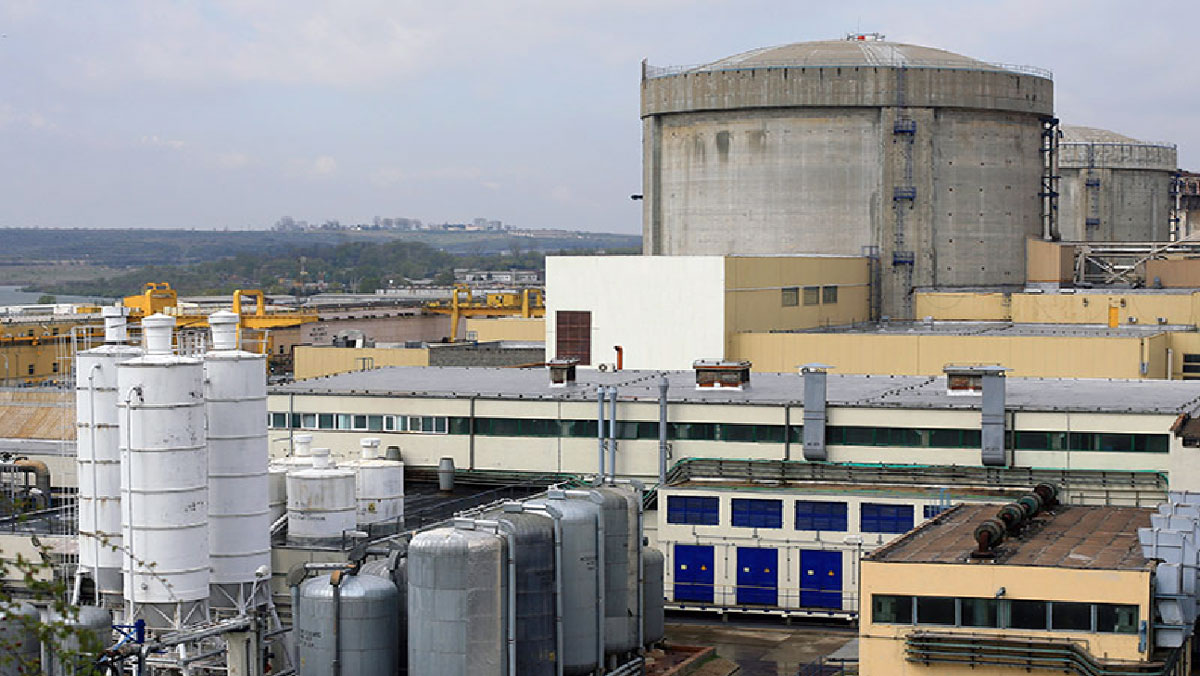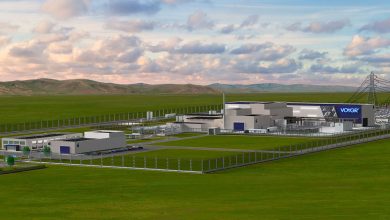Romania Supports the Importance of Nuclear Power in the Energy Mix
Romania, together with other six Member States of the European Union, supports in a joint position paper addressed to the European Commission, the importance of nuclear power in the current and future energy mix of the Union and the further development of strategic investment projects in this field.
The letter signed by Romania’s Prime Minister Florin Citu and the Prime-Ministers of Hungary, Czech Republic, Poland, Slovakia, Slovenia and the President of France, Emmanuel Macron, was submitted to European Commission President Ursula von der Leyen, Executive Vice-President Frans Timmermans, Commissioner for Financial Stability, Financial Services and Capital Markets Union, Mairead McGuinness, and Commissioner for Energy Kadri Simson.
The joint letter is a call on decision-makers to ensure a fair framework for the development of nuclear power in the EU, ensuring the possibility to access sustainable development funds within nuclear projects, given the role of nuclear power in reaching the decarbonization targets of the European Union and in ensuring energy security at European level. Nuclear power currently accounts for approximately 50% of total low-carbon energy produced at EU level, 1.1 million jobs and an annual turnover of EUR 103 billion. The signatories of the letter request the European Commission to ensure that EU plans in the field of climate change include all low-carbon sources, in accordance with the principle of technological neutrality, a right guaranteed under the Treaty on the Functioning of the European Union (TFEU).
The leaders of the 7 European states highlight the fact that “all available zero-emission or low-carbon sources that contribute to reducing CO2 emissions, which at the same time substantially contribute to achieving climate goals, should not only be recognized but also actively supported within the EU”.
The signatories also express their concerns on the fact that “development of nuclear power is challenged by certain Member States despite the contribution of this energy source to the fight against climate change and synergies, untapped yet, between nuclear technologies and renewable energy. Given that nuclear power is a baseload production source, it allows an ensured development for intermittent renewable sources. Nuclear power is also looming as a source of production in efficient conditions of clear hydrogen at a reduced price and can also contribute to sectoral integration. Nuclear industry ensures a significant number of quality jobs, an important element in post-COVID economic relaunch plans”.
The joint letter also supports the right of Member States to choose their energy mix (Article 194 of the TFEU), right which is currently strongly affected by the EU tendencies of promoting and supporting in a discriminatory manner renewable energy sources in relation to other technologies with low carbon emissions that have proven their undeniable role in combating climate change, such as nuclear power. The signatory leaders also claim that decommissioning of existing nuclear power plants without ensuring a development framework for new nuclear projects will lead over time to the loss of a significant number of jobs at EU level.
For Romania, nuclear power is a strategic option for reaching the national targets in the field of energy and climate change, having an important role in ensuring energy security and decarbonization of the electricity production sector, being supported by an infrastructure that covers the entire nuclear fuel cycle.
In Romania, nuclear power holds a 18% share in total electricity production, ensuring 11,000 jobs in production, research, engineering, works, production of equipment, innovation, education, a figure that could grow to 19,000 in the context of starting new nuclear projects. Currently, Romania is carrying out a major investment project, the retrofitting of Unit 1 of Cernavoda NPP, which will lead to the extension of its life by another 30 years, after 2028, in the same conditions of safety and with increased economic efficiency. Also, expanding the production capacity from nuclear sources is vital for ensuring Romania’s energy needs, especially after shutting down production at the capacities based on solid fossil fuels.



